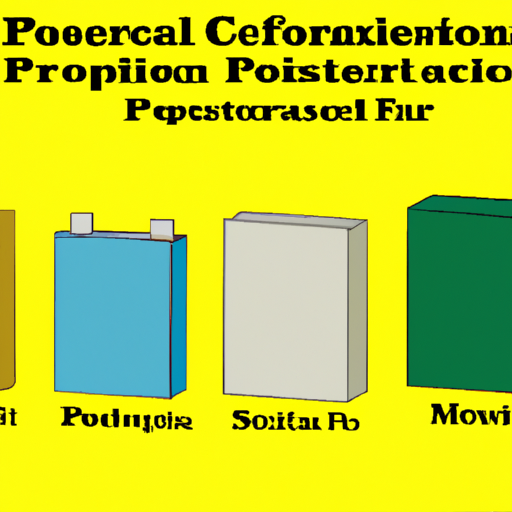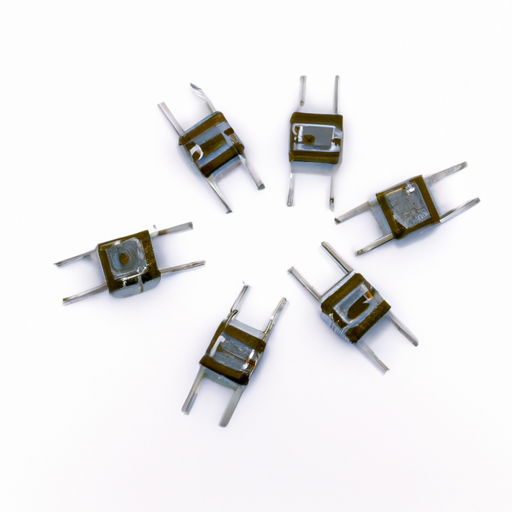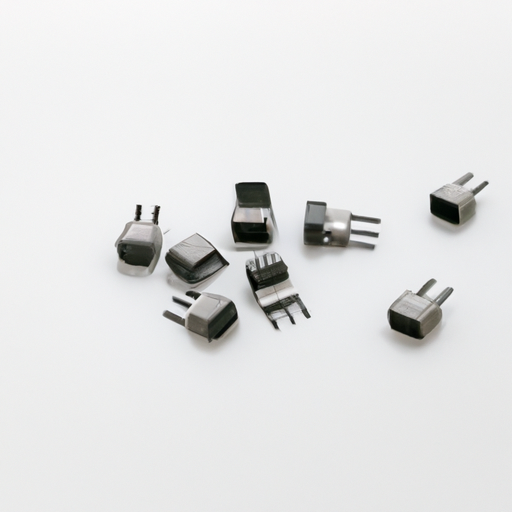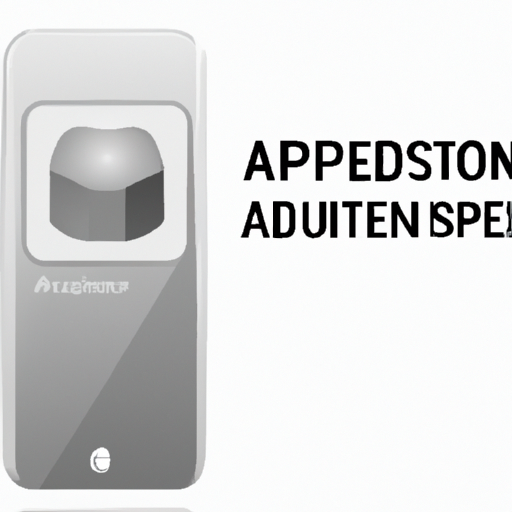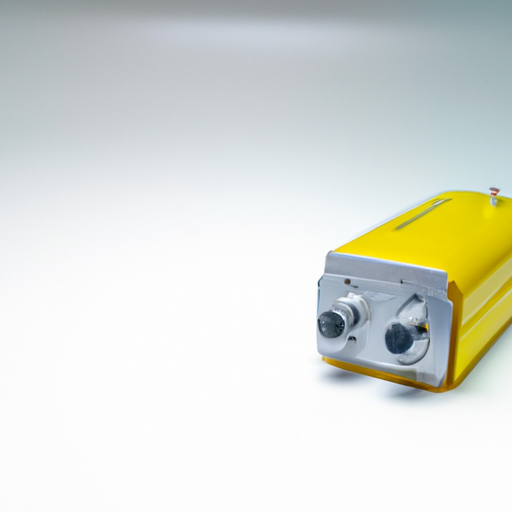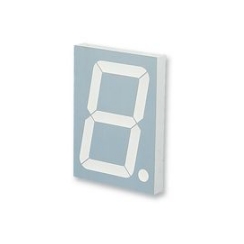What industries are the application scenarios of power capacitors included in?
What Industries Are the Application Scenarios of Power Capacitors Included In?
I. Introduction
Power capacitors are essential components in electrical systems, playing a crucial role in enhancing the efficiency and reliability of power delivery. These devices store electrical energy and release it when needed, making them vital for various applications across multiple industries. This blog post aims to explore the diverse industries that utilize power capacitors, highlighting their applications, benefits, and future trends.
II. Understanding Power Capacitors
A. Types of Power Capacitors
Power capacitors come in several types, each designed for specific applications:
1. **Fixed Capacitors**: These capacitors have a constant capacitance value and are commonly used in power factor correction and voltage regulation.
2. **Variable Capacitors**: These allow for adjustable capacitance, making them suitable for tuning circuits and applications requiring flexibility.
3. **Power Factor Correction Capacitors**: Specifically designed to improve the power factor in electrical systems, these capacitors help reduce energy losses and enhance system efficiency.
B. Basic Working Principle
Power capacitors operate on the principle of storing electrical energy in an electric field. When connected to an AC power source, they charge and discharge in sync with the voltage waveform, providing reactive power to the system. This reactive power is essential for maintaining voltage levels and improving overall power quality.
C. Key Characteristics and Specifications
Key characteristics of power capacitors include capacitance value, voltage rating, dielectric type, and temperature range. Understanding these specifications is crucial for selecting the right capacitor for a specific application.
III. Role of Power Capacitors in Various Industries
A. Electrical Utilities
In the electrical utilities sector, power capacitors play a vital role in:
1. **Voltage Regulation**: Capacitors help maintain stable voltage levels in transmission and distribution networks, ensuring reliable power delivery.
2. **Power Factor Correction**: By compensating for inductive loads, power capacitors improve the power factor, reducing energy losses and enhancing system efficiency.
3. **Harmonic Filtering**: Capacitors can mitigate harmonic distortion in electrical systems, improving power quality and protecting sensitive equipment.
B. Manufacturing and Industrial Automation
In manufacturing and industrial automation, power capacitors are used for:
1. **Motor Starting and Running**: Capacitors provide the necessary starting torque for electric motors, ensuring smooth operation and reducing wear and tear.
2. **Energy Storage for Uninterrupted Power Supply (UPS)**: Capacitors store energy to provide backup power during outages, ensuring continuous operation of critical equipment.
3. **Power Quality Improvement**: Capacitors help reduce voltage fluctuations and improve overall power quality, enhancing the performance of industrial machinery.
C. Renewable Energy Sector
The renewable energy sector increasingly relies on power capacitors for:
1. **Wind Energy**: Capacitors are used in wind turbine systems to improve power quality and stabilize voltage levels.
2. **Solar Power**: In solar inverters, capacitors help manage energy flow and improve efficiency, ensuring optimal performance of solar panels.
3. **Energy Storage Systems**: Capacitors are integral to energy storage solutions, providing rapid discharge capabilities for grid stability and load balancing.
D. Transportation and Electric Vehicles
Power capacitors are essential in the transportation sector, particularly for:
1. **Electric Vehicle Charging Stations**: Capacitors help manage the power supply during charging, ensuring efficient energy transfer and reducing strain on the grid.
2. **Rail Systems**: In electric rail systems, capacitors improve power quality and support regenerative braking, enhancing energy efficiency.
3. **Electric Buses and Trams**: Capacitors are used to store energy for acceleration and braking, improving the overall efficiency of electric public transport systems.
E. Consumer Electronics
In consumer electronics, power capacitors are found in:
1. **Power Supply Units**: Capacitors stabilize voltage and filter noise in power supplies, ensuring reliable operation of electronic devices.
2. **Audio Equipment**: High-quality capacitors are used in audio systems to improve sound quality and reduce distortion.
3. **Home Appliances**: Capacitors enhance the performance of various home appliances, including refrigerators, washing machines, and air conditioners.
F. Telecommunications
In the telecommunications industry, power capacitors are crucial for:
1. **Signal Processing**: Capacitors are used in filters and amplifiers to improve signal quality and reduce interference.
2. **Power Supply for Communication Equipment**: Capacitors provide stable power to communication devices, ensuring reliable operation in critical applications.
G. HVAC Systems
In HVAC systems, power capacitors contribute to:
1. **Power Factor Correction in Air Conditioning**: Capacitors help improve the power factor of HVAC systems, reducing energy consumption and operational costs.
2. **Energy Efficiency Improvements**: By stabilizing voltage and reducing harmonics, capacitors enhance the overall efficiency of heating, ventilation, and air conditioning systems.
IV. Benefits of Using Power Capacitors
The use of power capacitors across various industries offers numerous benefits:
A. Enhanced Energy Efficiency
Power capacitors improve the overall energy efficiency of electrical systems by reducing energy losses and optimizing power delivery.
B. Improved Power Quality
By mitigating voltage fluctuations and harmonic distortion, power capacitors enhance power quality, ensuring reliable operation of sensitive equipment.
C. Cost Savings on Energy Bills
Improved power factor and energy efficiency lead to significant cost savings on energy bills, making power capacitors a financially sound investment.
D. Extended Equipment Lifespan
By reducing stress on electrical systems, power capacitors help extend the lifespan of equipment, minimizing maintenance and replacement costs.
E. Environmental Benefits
Enhanced energy efficiency and reduced energy consumption contribute to lower carbon emissions, making power capacitors an environmentally friendly solution.
V. Challenges and Considerations
While power capacitors offer numerous benefits, there are challenges and considerations to keep in mind:
A. Selection Criteria for Power Capacitors
Choosing the right power capacitor requires careful consideration of factors such as capacitance value, voltage rating, and application requirements.
B. Maintenance and Reliability Issues
Regular maintenance is essential to ensure the reliability and longevity of power capacitors, as failure can lead to significant operational disruptions.
C. Environmental and Safety Regulations
Compliance with environmental and safety regulations is crucial when selecting and installing power capacitors, particularly in sensitive applications.
D. Technological Advancements and Innovations
Staying updated on technological advancements in capacitor design and materials is essential for optimizing performance and efficiency.
VI. Future Trends in Power Capacitor Applications
The future of power capacitors is promising, with several trends shaping their applications:
A. Smart Grids and IoT Integration
The integration of power capacitors into smart grids and IoT systems will enhance energy management and improve grid stability.
B. Advancements in Capacitor Technology
Ongoing research and development in capacitor technology will lead to more efficient and compact designs, expanding their applications.
C. Growing Demand in Emerging Markets
As emerging markets continue to industrialize, the demand for power capacitors will increase, driving innovation and investment in this sector.
D. Sustainability and Eco-Friendly Solutions
The push for sustainability will lead to the development of eco-friendly capacitor solutions, further enhancing their appeal across industries.
VII. Conclusion
Power capacitors are integral to the functioning of various industries, providing essential support for energy efficiency, power quality, and equipment reliability. As technology advances and the demand for sustainable solutions grows, the role of power capacitors will continue to expand. Industry stakeholders must recognize the importance of these devices and invest in their applications to ensure a more efficient and reliable energy future.
VIII. References
1. Academic Journals
2. Industry Reports
3. Technical Standards and Guidelines
4. Relevant Books and Articles
In conclusion, power capacitors are not just components; they are vital players in the modern electrical landscape, influencing everything from industrial automation to renewable energy systems. Their versatility and importance across various sectors underscore the need for continued innovation and investment in this essential technology.

